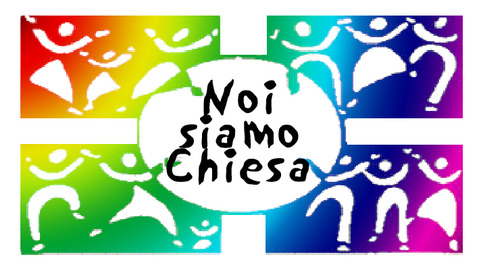Les 27 gouvernements de l’Union européenne ont signé à Lisbonne un traité préparé dans les coulisses, encore plus illisible pour les citoyens que le précédent Traité constitutionnel (TCE), ce qui exclut toute possibilité de référendums. Un double recul démocratique.
Sur le fond, on doit se féliciter que le Traité reprenne l’essentiel des avancées institutionnelles du TCE, que référence soit faite aux héritages culturel, religieux et humaniste, dans le Traité comme dans la Charte des droits fondamentaux, que force de loi soit donnée à cette dernière et que l’Union européenne s’engage à ratifier la Convention européenne des droits de l’homme.
LE DIALOGUE DE L’UNION EUROPEENNE AVEC LES ORGANISATIONS DE CONVICTIONS
S’agissant des relations de l’Union avec les Eglises et les organisations non-confessionnelles de conviction, l’article 15 ter du nouveau traité reprend les termes de l’ex-article 52 du TCE, auquel le Réseau européen Eglises et Libertés a dès l’origine exprimé son opposition. Par sa seule existence, cet article offre une base juridique à un traitement privilégié des organisations de convictions et notamment des dirigeants religieux, qui ne peuvent représenter la diversité au sein de leurs communautés. A la différence de l’article relatif au dialogue avec la société civile (8 B, ex-47 du TCE), il n’exige pas que les interlocuteurs de l’Union soient représentatifs, comme le requiert un dialogue démocratique.
L’article 15 ter figure, non plus au chapitre de la démocratie participative mais au milieu des dispositions relatives aux politiques dans le traité sur le fonctionnement de l’Union . Cela signifie-t-il que les Eglises, qui se définissent comme des entités spéciales dans la sphère publique où elles ont un rôle à jouer- et les autres organisations de conviction n’appartiennent pas à la société civile comme le requiert le principe de séparation de la religion et de la politique, valeur commune de l’Europe?
A l’occasion de la signature du Traité, le Réseau Européen Eglises et Libertés appelle les institutions de l’Union européenne à dialoguer avec les organisations de convictions selon les mêmes règles qu’avec les associations de la société civile et à consulter non seulement les dirigeants des institutions religieuses mais aussi des associations de convictions religieuses, humanistes, athées ou agnostiques.
Contact :
vi.bel@IOL.IT, hubertournes@orange.fr
EUROPEAN NETWORK CHURCH ON THE MOVE
The 27 governments of the European Union have signed in Lisbon a treaty worked out behind the scenes and even more unintelligible for citizens than the former Constitutional Treaty (ECT), which excludes any possibility of referenda. This is a twofold setback for democracy.
As for substance, one must welcome the fact that the Treaty adopts the main institutional progressive proposals of the ECT; the fact that reference is made to the cultural, religious and humanist heritage, in the Treaty as in the Charter of fundamental rights; the fact that the latter becomes legally binding while the European Union commits itself to ratifying the European Human Rights Convention.
As regards the relationships of the Union with the Churches and non-confessional conviction-based organisations article 15 ter of the new Treaty takes up the terms of ex-article 52 of the ECT, to which the European Network Church on the Move has stated its opposition from the beginning. Indeed it provides by its mere existence a legal basis for the privileged treatment of conviction-based organisations and religious leaders in particularly, who are unable to represent the diversity within their communities. Contrary to article (8 B, ex-47 ECT) on dialogue with civil society, article 15 ter does not require that the Union’s interlocutors be representative, as is required in a democratic dialogue.
Article 15 ter is to be found no longer found in the chapter on participatory democracy but only in the provisions on the policies in the Treaty on the functioning of the Union. Does this mean that the Churches, which define themselves as special entities in the public sphere where they have a role to play, and the other conviction-based organisations do not belong to civil society in keeping with the principle of separation of religion and politics, a common value of Europe?
On the occasion of the signing of the Treaty, the European Network Church on the Move calls on EU institutions to dialogue with conviction-based organisations according to the same rules that apply to civil society associations and to consult not only religious institution leaders but also associations of religious, humanist, atheist or agnostic convictions.
Contact:

Lascia un commento